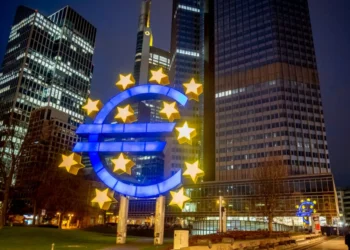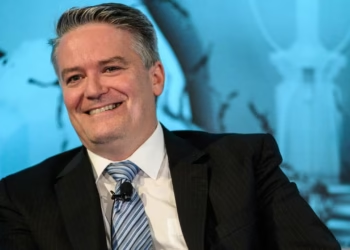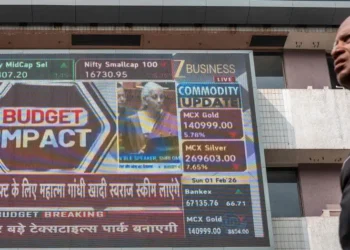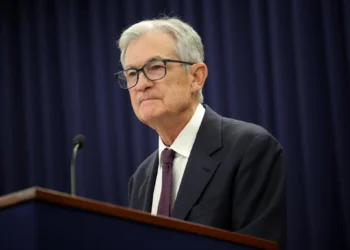RIYADH (Realist English). Saudi Arabia’s Public Investment Fund (PIF) has reduced the book value of its domestic gigaproject holdings by $8bn, reflecting budget overruns, shifting operational plans and weaker oil revenues.
In its 2024 annual report, published Wednesday, the sovereign wealth fund valued its investments in Saudi gigaprojects at $56bn (SR211bn) at year-end — 12.4% lower than in 2023. The portfolio includes five megadevelopments such as Neom, the $500bn futuristic city being built from scratch on the Red Sea coast.
A person familiar with the matter said the writedown stemmed from “global economic market conditions, changes to operational plans and increases in budgeted costs.” Saudi officials have acknowledged that the kingdom is reviewing its most ambitious projects as lower oil prices strain state spending, with many Neom components expected to be scaled back or phased in over a longer period.
Neom’s vast scope and remote location have posed engineering and logistical challenges, slowing progress. Despite diversification efforts, oil still accounts for more than 60% of Saudi state revenue.
Ana Nacvalovaite, a research fellow at Oxford University specialising in sovereign wealth funds, said geopolitical turbulence and technical hurdles likely influenced the revaluation. “It’s a colossal sum of money . . . but there will be some losses before we hit 2030,” she noted.
Gigaprojects now make up 6% of the PIF’s $913bn in gross assets under management, down from 8% a year earlier. The fund’s overall AUM rose 19% in 2024, buoyed in part by the transfer of an additional 8% stake in state oil company Aramco from the Saudi government, raising PIF’s holding to 16%.
More than a third of PIF’s investments are in Saudi companies, but Aramco’s shares have fallen 14.3% this year amid low oil prices and dividend cuts. PIF reported an average annual return of 7.2% in 2024, down from 8.7% in 2023, with net profits dropping 60% on the back of higher interest rates, inflation, and project impairments.
Once known for headline-grabbing overseas bets — from electric vehicles to global sports — the PIF has shifted its focus inward. International investments accounted for 17% of its portfolio in 2024, compared with 20% the previous year. The IMF reported this month that both PIF and Aramco repatriated some foreign assets last year.
The adjustments underscore the balancing act for Crown Prince Mohammed bin Salman’s Vision 2030: delivering transformational domestic projects while navigating volatile oil markets and global economic headwinds.


















